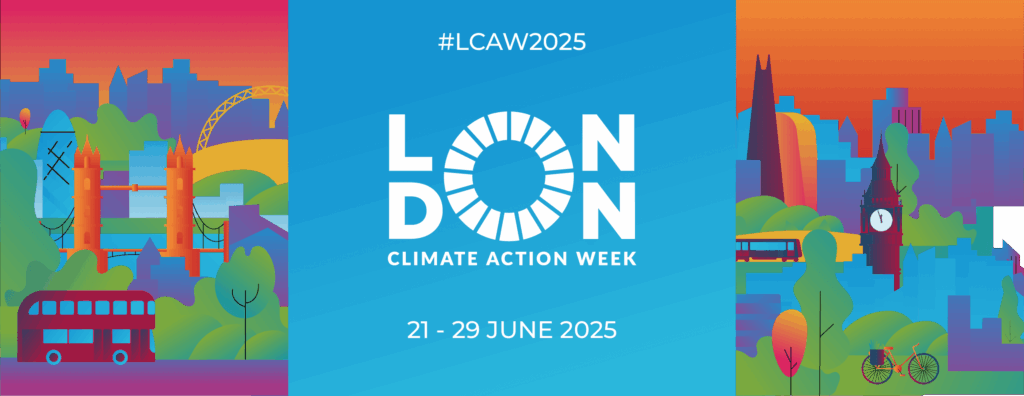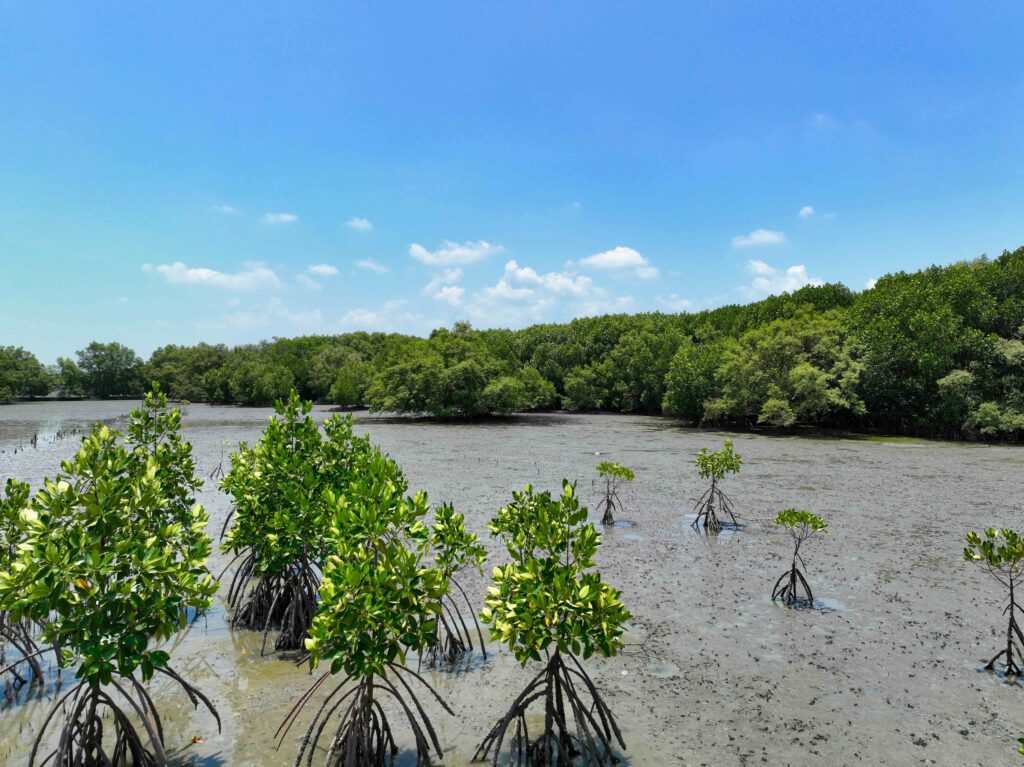The pilot project aims to give 100,000 refugees in Rwanda access to financial services through mobile phones.
Together with Equity Bank Rwanda PLC, we have just launched in the field a Financial Inclusion for refugees (FI4R) programme that aims to provide financial services to over 90,000 refugees in Rwanda.
Through this programme, refugees will be able to access mobile banking & agency banking services like opening accounts, receiving, and sending money, saving, digital loans, insurance and others through unstructured service data (USSD) channels. Furthermore, the project will provide financial literacy training to equip the refugees with knowledge on how to manage their finances.
The need to extend financial services to vulnerable groups like refugees, cannot be understated. With easier access to financial services and knowledge of how to manage their personal and business finances, refugees across Rwanda will be able to transact safely and with ease. Access to and usage of financial services can allow low-income households, including refugees, to build assets, mitigate shocks, increase resilience, and contribute to the local economy.
The project builds on earlier work funded by FSD Africa and Access to Finance Rwanda (AFR) in partnership with UNHCR following a market assessment done by BFA Global that outlined refugees financial needs and provided a business case for financial institutions to serve them. It also identified barriers refugees face when accessing financial services and offered solutions to overcoming them.
The project was officially launched in Mahama Refugee Camp in Kirehe District, Eastern Province. Mahama Refugee Camp is the largest refugee camp in Rwanda, hosting over 47,000 refugees from Democratic Republic of Congo, Burundi and several other neighbouring countries.
Refugees have financial and other needs like everybody else. It is therefore imperative for the financial sector to serve them just as they would anybody else. Refugees are engaged in economic activities, have incomes and spend; the financial system should facilitate such activities.
Kuria Wanjau, Programme Manager for Fragile Communities and States
There are plans to expand the project to refugee populations in Uganda and the Democratic Republic of the Congo.



